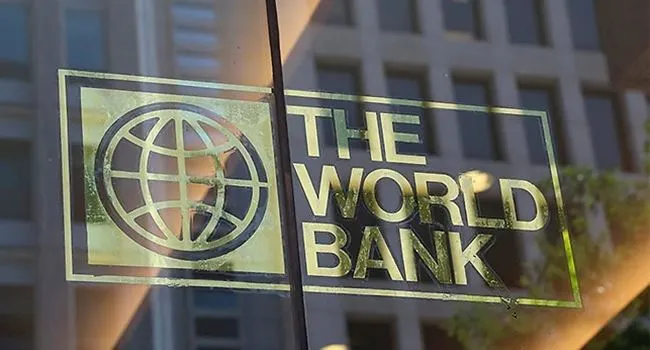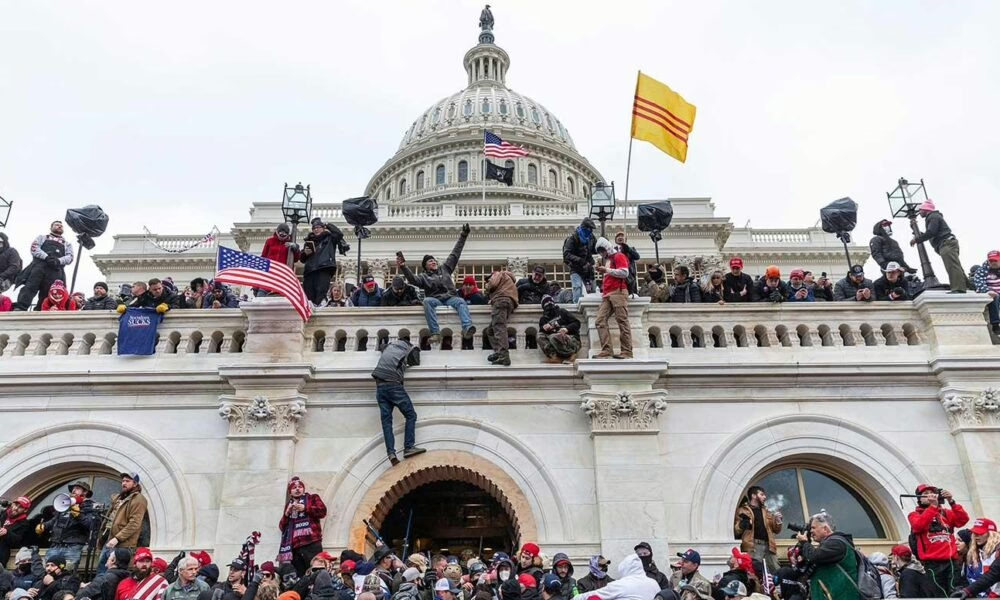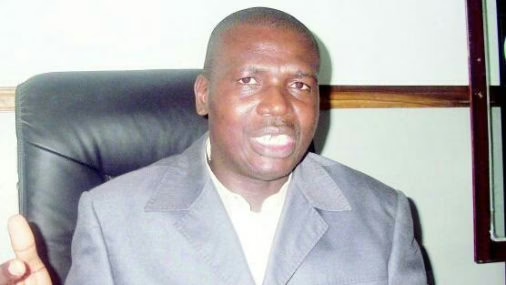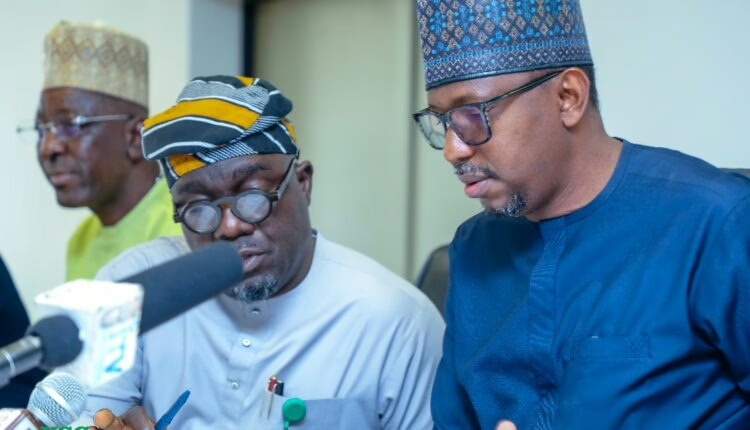A former Director, Defence Intelligence Agency, Jeremiah Adamu, has called for punitive punishment for kidnappers in the country.
He said the existing punishment for those convicted was insufficient as a deterrent to discourage criminals from committing the offence.
Speaking at the dialogue on kidnapping organised by the National Counter Terrorism Centre in Abuja on Wednesday, Adamu called for a constitutional amendment to impose harsher penalties on kidnappers.
He said, “There should be an amendment of the constitution to ensure stricter and more stringent punishment for the offence of kidnapping. There is no such sanction for those who kidnap. To bring an end to kidnapping in the country the punishment must be strict.”
He also said the security agencies in the country are overwhelmed.
Adamu said, “Nigerian security is overwhelmed, they are underfunded, no enablement and motivation to work. These are the factors facing us in the fight against kidnapping. We also do not have much security that can penetrate every area. We have a lot of forests who is policing our forests? Our Security agencies have to collaborate with community leaders to curb insecurity. ”
Speaking, the Ahijo of the Mubi Emirate Council of Adamawa, Sulieman Ibrahim, expressed concern that criminals have a tight grip on communities in the northern regions
He called for synergy between security agencies and the traditional rulers being the closest to the citizens.
Ibrahim said, “Today in Isa LGA Sokoto State farmers can’t access farms without paying dues. In Zamfara Dansadu in Zamfara state, you can’t celebrate a naming ceremony without approval from criminals. Today, traditional rulers are targets of criminals. We are traditional leaders and the closest government to the Nigerian people but we are handcuffed by constitutional responsibility. No salaries and 98.9% of us are volunteers. We are conditioned by tradition, and we spend everything to serve our communities.”
Contact:











